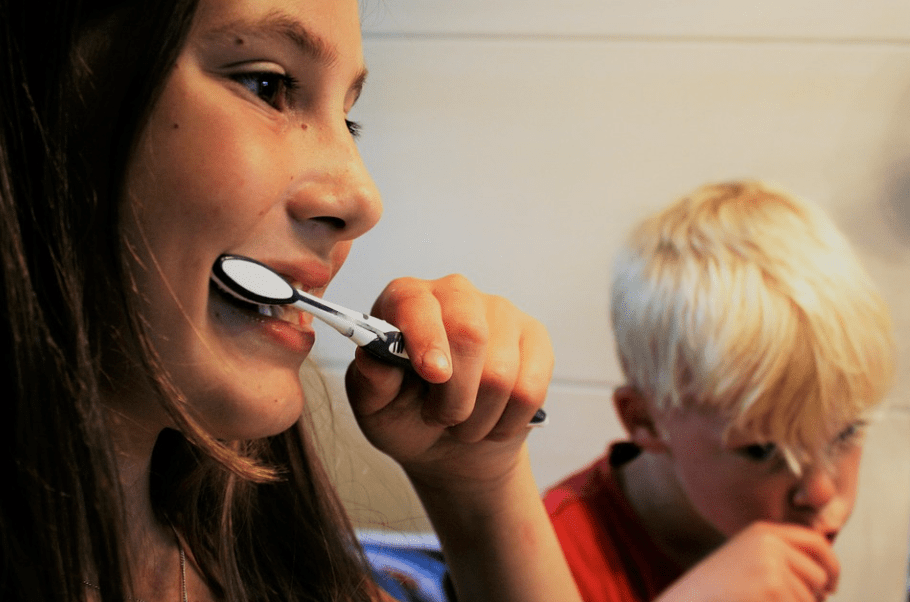Feeling lonely at university is a challenge many students face. Sometimes this transition even involves leaving behind the comfort and intimacy of home, sometimes even separation from friends. It is a time of new experiences and responsibilities, sometimes with an impact on the student’s emotional well-being.
Academic pressure and the demands of university often make it difficult to make new social connections. In fact, feeling lonely at university is a more common problem than you might think.
A study published in Inclusions Magazine reports this fact. According to this study, 60.4 percent of the college students surveyed exhibit feelings of loneliness on a regular basis and 26.4 percent exhibit feelings of loneliness with high frequency. Let’s learn more about this situation.
Students and loneliness
Loneliness at university and the sense of isolation experienced by some students can be caused in many ways. First of all, as a consequence of the movement implied by the change of stage, they are separated from their families and friends and move away from their support networks. As a result, they start to feel lonely, at least at first.
Another cause of loneliness is the difficulty of making new friends. In a new and unfamiliar environment, it can be difficult to develop strong social connections.
Other reasons are stress and academic load from the demands of study programs that consume a lot of time and energy. This can isolate students, especially if they are struggling with their subjects. Also, some university students do not find a sense of community and/or belonging.
In short, loneliness results from a lack of meaningful social relationships, life changes and individual differences. Social media may also be responsible. For example, a study published in Información Psicológica found that university students who were more dependent on social media showed more loneliness.
Managing loneliness in university students
While most people crave social connection and meaningful relationships, some people enjoy solitude and find satisfaction in spending time alone. They take advantage of these moments to reflect, recharge, focus on their favorite activities or simply enjoy their own company. They also have strong social relationships and maintain meaningful connections.
However, it is important to distinguish between enjoying solitude and experiencing unwanted and distressing loneliness. When it is positive, being alone is a personal choice and based on individual fulfillment. On the other hand, negative loneliness is detrimental to an individual’s emotional well-being.
While loneliness at university can sometimes be difficult to manage, there are strategies to deal with it in healthy ways. Here are some tips if you are in this situation.
1. Acknowledge your feelings
Acknowledge that you experience loneliness. Validating your feelings allows you to handle them more effectively.
2. Communicate with others
Look for opportunities to talk or connect with other people. For example, call a friend you haven’t seen for a while or send a message to someone close to you. Keeping in touch with people close to you can help alleviate feelings of loneliness.
3. Do activities or find a hobby
Join groups, clubs or events that interest you. This gives you the opportunity to meet people with similar interests and build new relationships.
4. Use social media in a healthy way
Social media is useful for connecting with others, but it is important to use it correctly and consciously. Limit the time you spend online and focus on meaningful interactions rather than those that invite comparison or are superficial.
5. Get professional support
If loneliness persists or is affecting your health, consider seeking professional help. A psychologist can provide you with specific tools and strategies to address your feelings and improve your emotional state.
6. Develop activities and hobbies you enjoy
Spend time doing activities that make you feel good. This can include reading, exercising, making art, listening to music, or anything that fulfills you.
7. Volunteer or help others
Giving back to the community and helping others brings a sense of purpose and social connection. Look for volunteering opportunities or engage in acts of kindness towards others.
8. Take care of yourself
Prioritize your physical and emotional health. Maintain a healthy sleep routine, a balanced diet and regular exercise. Practice relaxation techniques such as meditation or deep breathing to manage stress and improve your mental well-being.
A positive view of loneliness
Although loneliness is often associated with negative emotions such as isolation and sadness, it can also provide you with opportunities for personal growth and introspection. Whether at university or in other areas of life, when you are alone you have the freedom to explore your interests and express yourself without restriction.
However, if loneliness turns into a constant feeling of isolation and sadness, do not hesitate to seek help from friends, family and/or mental health professionals. A study published in the Journal on Childhood and Adolescence highlights the importance of psychological strengths as essential tools to alleviate this feeling and its negative effects.
Finally, remember that we all need meaningful human connections and the support of others. Managing loneliness at university is a personal and time-consuming process. If you are in this situation, be kind to yourself, be patient and seek support when you need it.
The content is for informational and educational purposes only. They are not a substitute for the diagnosis, advice or treatment of a specialist. If you have any doubts or concerns, it is best to consult a trusted professional.





